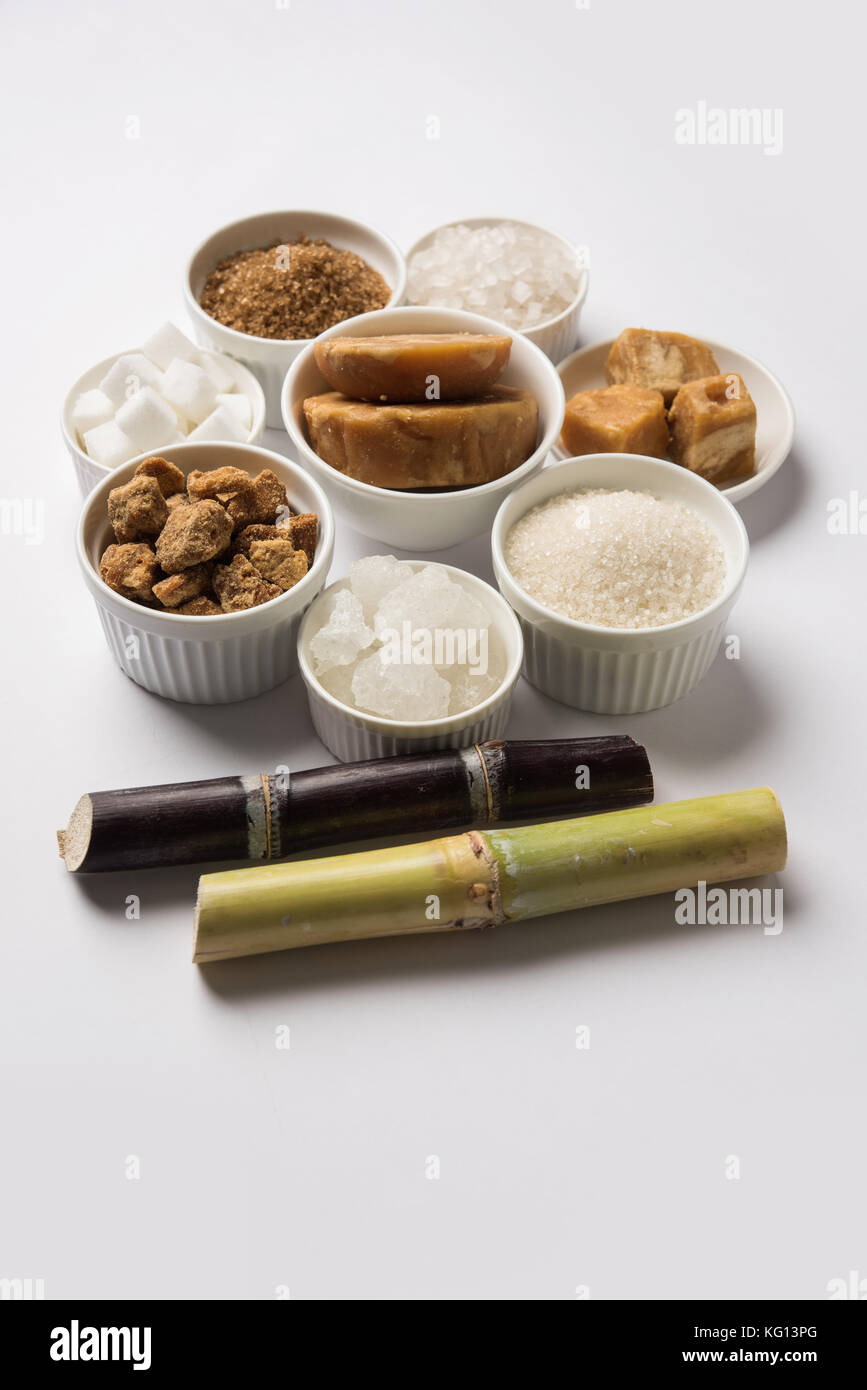Checking Out Sugarcane Products: Versatile Makes Use Of and Profits
The exploration of sugarcane products discloses a remarkable selection of applications that prolong well beyond the acquainted world of sweeteners. As we analyze the multifaceted contributions of sugarcane, one might ask yourself exactly how these diverse usages can reshape markets and way of lives in a rapidly developing world.
Review of Sugarcane
Although sugarcane is often linked mainly with sugar manufacturing, it is a flexible crop with a rich background and many applications. Grown in exotic and subtropical areas, sugarcane flourishes in well-drained soils and warm environments, adding dramatically to lots of economies worldwide. This perennial yard, coming from the genus Saccharum, can grow to elevations of as much as 4 meters, showcasing its durable nature.
Beyond its primary function in sugar extraction, sugarcane acts as an important source for various byproducts. The coarse deposit, understood as bagasse, is made use of for creating bioenergy and as a resources for making paper and eco-friendly products. Additionally, molasses, a spin-off of sugar refining, is rich in nutrients and frequently utilized in animal feed and fermentation processes.
Sugarcane likewise plays a significant role in traditional medications and cultural techniques in numerous areas, highlighting its significance past business usage (sugarcane product). With the enhancing emphasis on sustainable farming methods, sugarcane is being explored for its potential in biofuels and carbon capture, placing it as a vital player in the change in the direction of sustainable energy resources. Hence, the convenience of sugarcane extends far beyond the confines of sugar manufacturing
Sugarcane in Food Products


Beyond sweeteners, sugarcane is the resource of energy-rich products such as jaggery and panela, which are traditional raw sugars used in numerous cultures. These items not only sweeten foods however also impart unique tastes and dietary benefits.
Sugarcane juice, a refreshing beverage enjoyed in lots of exotic areas, showcases the plant's adaptability. It is commonly taken in fresh or fermented into alcohols like rum.
In addition, sugarcane fibers, referred to as bagasse, are occasionally used to create food product packaging products, emphasizing the eco-friendly advantages of sugarcane handling. In general, sugarcane's payment to food items is multifaceted, improving flavors, offering nutritional worth, and playing a considerable function in cooking customs worldwide.
Industrial Applications of Sugarcane
In different markets, the versatility of sugarcane expands far beyond its cooking applications. Sugarcane acts as a critical resources in the production of biofuels, specifically ethanol, which is increasingly made use of as a sustainable energy resource. This biofuel is obtained through fermentation and distillation procedures, supplying a sustainable choice to fossil gas and adding to a decrease in greenhouse gas emissions.

In addition, the sugarcane sector has found applications in pharmaceuticals, where its parts are made use of in the formulation of numerous medicinal products. The all-natural substances removed from sugarcane show antimicrobial and antioxidant buildings, improving click this site the efficacy of certain drugs.
Finally, sugarcane is essential to the production of a series visit this website of chemicals, including glycerol and natural acids, which are vital for different commercial processes. These applications highlight sugarcane's considerable duty in promoting industrial sustainability and development.
Environmental Benefits of Sugarcane
The multifaceted applications of sugarcane not only boost commercial processes but likewise contribute considerably to environmental sustainability. As a renewable resource, sugarcane cultivation plays an important role in carbon sequestration, absorbing significant amounts of co2 from the environment. This process helps reduce environment change by lowering greenhouse gas concentrations.
Moreover, sugarcane by-products, such as bagasse and molasses, supply green alternatives to conventional materials. Bagasse, the fibrous residue after juice extraction, can be utilized as a biomass fuel, decreasing dependence on nonrenewable fuel sources and advertising cleaner power resources. In addition, molasses can be transformed into bioethanol, further sustaining sustainable power initiatives.
Sugarcane farming also promotes biodiversity and soil wellness. Lasting agricultural methods, such as intercropping and crop rotation, improve dirt fertility and decrease erosion. Moreover, the crop's deep origin system help in water retention, therefore supporting regional communities and boosting strength versus dry spell.
Wellness Advantages of Sugarcane
Rich in all-natural sugars and important nutrients, sugarcane uses numerous wellness benefits that make it a useful enhancement to a balanced diet. Its high fiber content help in digestion, advertising intestine health and wellness and protecting against constipation. Furthermore, sugarcane gives antioxidants, which deal with oxidative anxiety and other might reduce the threat of persistent conditions.
Furthermore, sugarcane juice is understood for its hydrating residential or commercial properties, making it a superb beverage choice, particularly in warm climates. The natural sugars present in sugarcane supply a quick energy increase, useful for athletes and those taken part in exercises. It also contains important nutrients, such as vitamin C, magnesium, potassium, and calcium, which contribute to general health.
Researches suggest that sugarcane might help control blood glucose levels, making it a more suitable sugar for individuals with diabetes mellitus when eaten in moderation. Its anti-inflammatory homes can sustain liver wellness and help in detoxification.
Verdict
In final thought, sugarcane emerges as a highly functional crop with significant contributions to numerous industries. The by-products of sugarcane, such as bagasse and molasses, help with environmentally friendly practices, while its health and wellness benefits boost general wellness.
Although sugarcane is typically associated mainly with sugar manufacturing, it is a versatile plant with an abundant background and numerous applications.Beyond its key duty in sugar removal, sugarcane serves as an important resource for various byproducts. Mainly understood for producing sugar, sugarcane is transformed right into granulated sugar, brownish sugar, and molasses, each serving distinctive culinary purposes.Rich in all-natural sugars and crucial nutrients, sugarcane supplies many health and wellness advantages that make it a valuable addition to a well balanced diet. The all-natural sugars existing in sugarcane provide a quick power increase, helpful for athletes and those involved in physical activities.